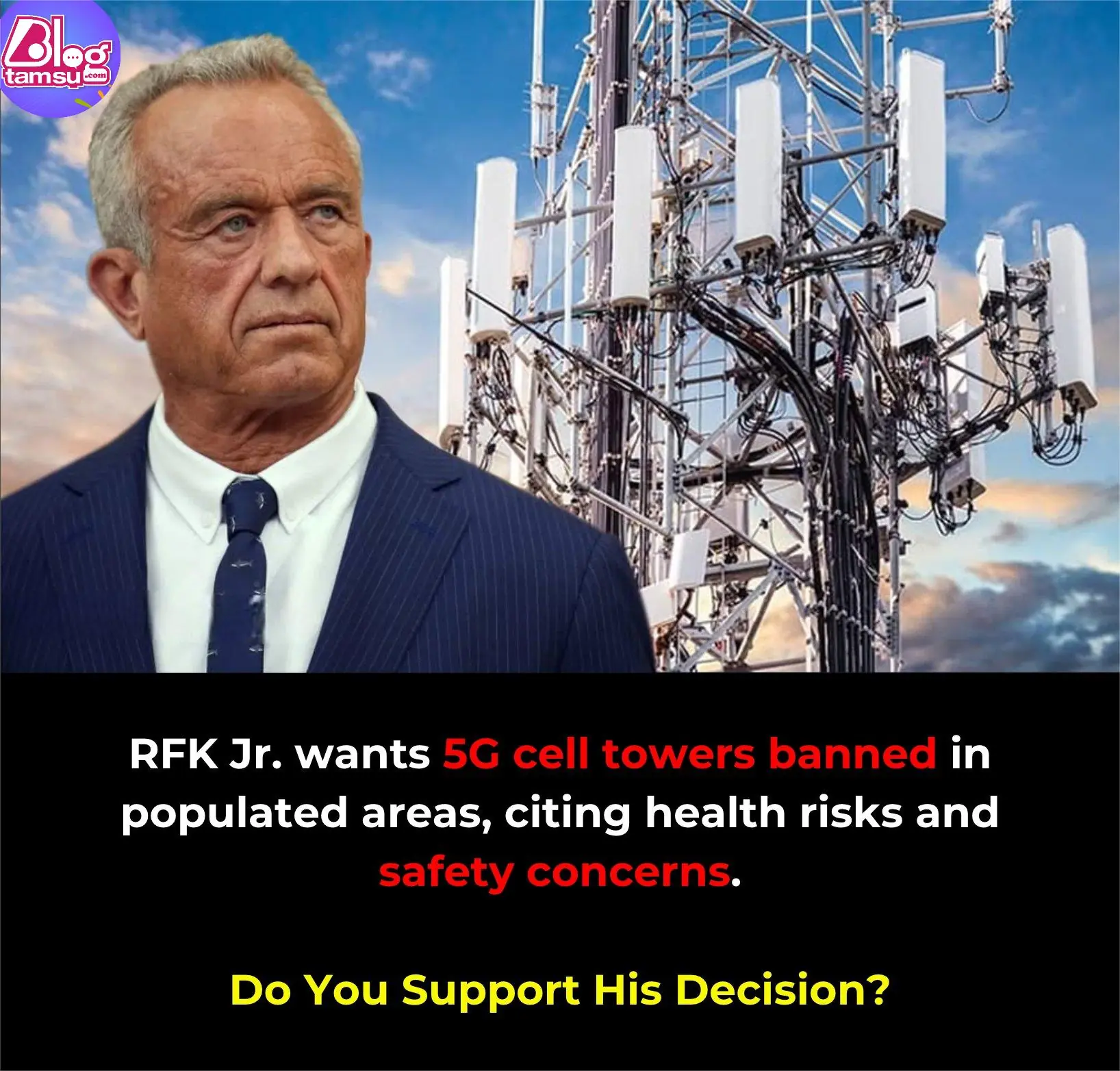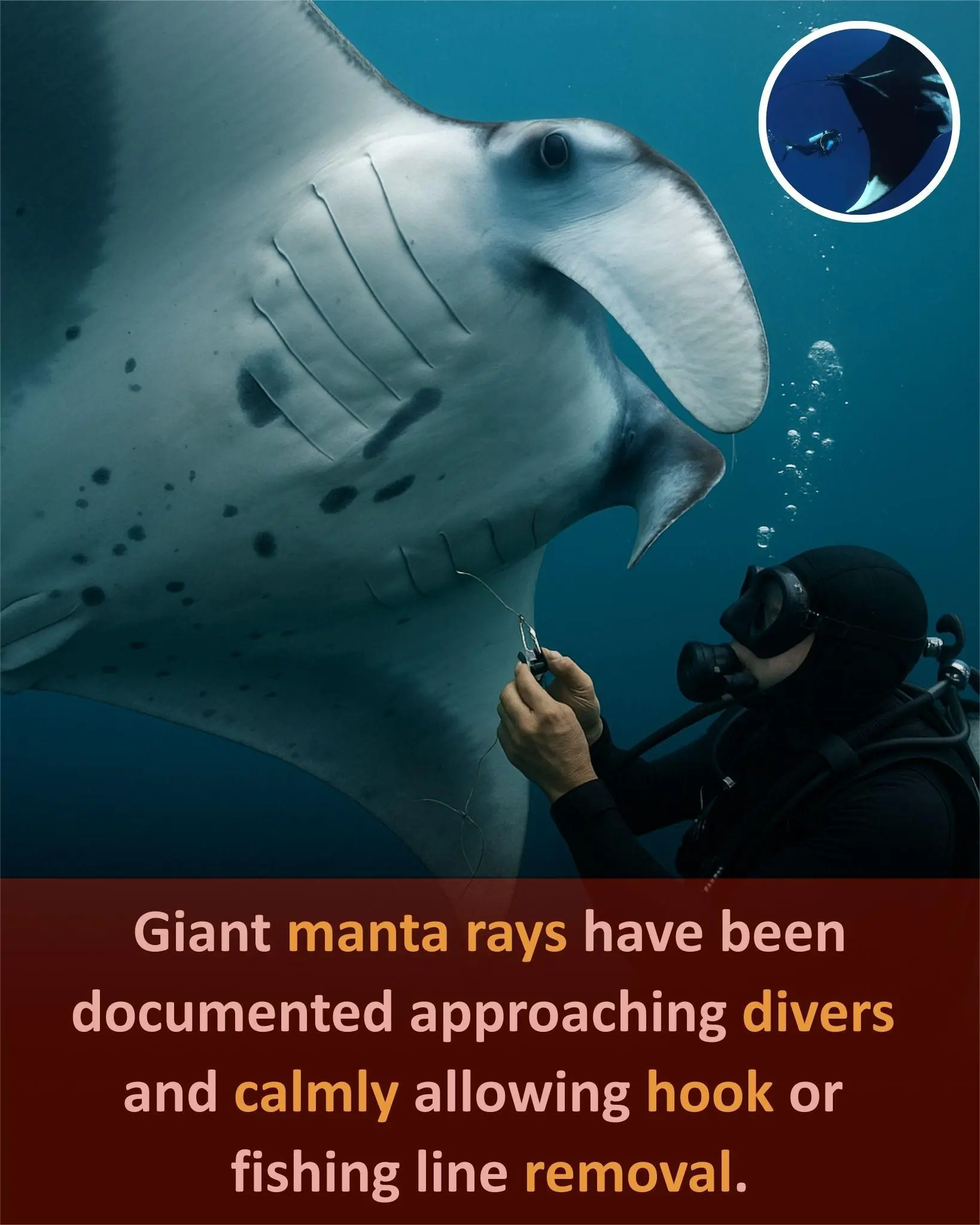
RFK Jr. Calls for Restrictions on 5G Towers, Citing Health and Safety Concerns
Robert F. Kennedy Jr., one of the most outspoken and controversial voices in public health debates, has repeatedly called for limits on the installation of 5G cell towers in densely populated areas. He argues that radiofrequency (RF) radiation emitted by this technology could pose health risks, particularly to children and vulnerable groups.
Concerns Raised
Kennedy contends that the current safety guidelines set by the Federal Communications Commission (FCC) are outdated and insufficient to protect the public. He maintains that these standards only account for “thermal effects” — the heating of tissue caused by RF exposure — while neglecting possible non-thermal biological impacts that may have long-term consequences.
He has urged for moratoriums on 5G deployment near schools, neighborhoods, and crowded urban areas until comprehensive research can confirm the technology’s safety. Through his nonprofit organization, Children’s Health Defense, Kennedy has also pursued legal challenges aimed at forcing regulators to re-examine their wireless safety rules.
Scientific Response
The majority of scientists and health authorities currently affirm that 5G operates at frequencies similar to previous generations of wireless networks and that no conclusive evidence has shown it to be harmful when exposure remains within established safety limits. Some studies even suggest that denser 5G networks, if properly managed, could reduce average individual exposure by lowering signal transmission power.
Nonetheless, Kennedy’s advocacy has sparked broader awareness of 5G tower placements and has intensified public debate over regulatory transparency and long-term safety monitoring.
Potential Impact
If Kennedy’s proposals were to gain momentum, the telecommunications industry could face increased costs, rollout delays, and legal disputes regarding tower placement. Such measures could also slow the expansion of next-generation wireless networks across the United States.
Conclusion
While mainstream science largely supports the safety of 5G under current regulations, Robert F. Kennedy Jr.’s stance underscores a more cautious approach. His calls for stricter safety standards highlight the tension between technological progress and precautionary public health policy — a debate that continues to shape how communities view the future of wireless connectivity.
News in the same category

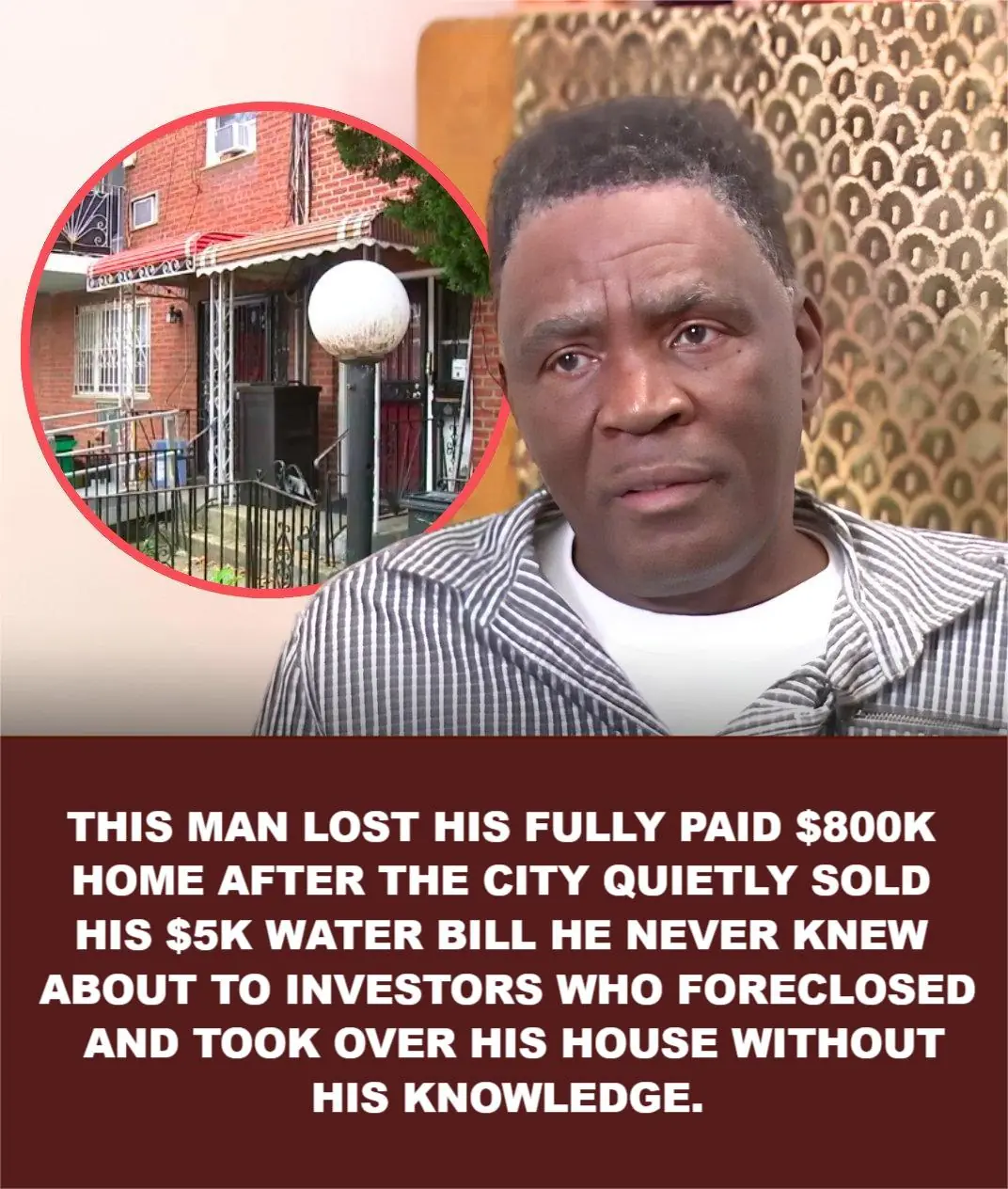
Brooklyn Homeowner Loses $800,000 House Over a $5,000 Water Bill

La Niña Returns: Colder Winter Expected Worldwide
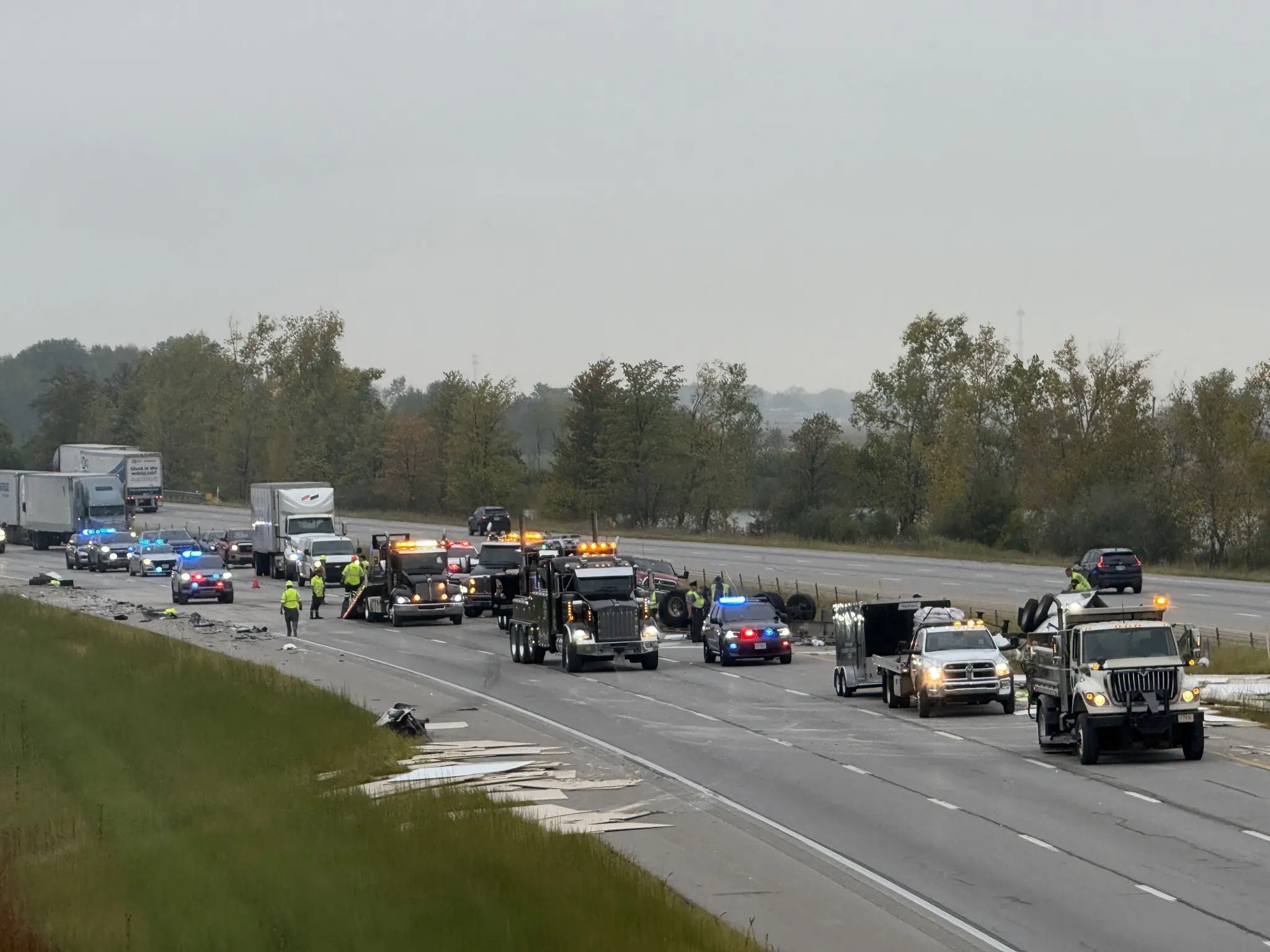
2 injured in crash involving 3 commercial vehicles in Wood County
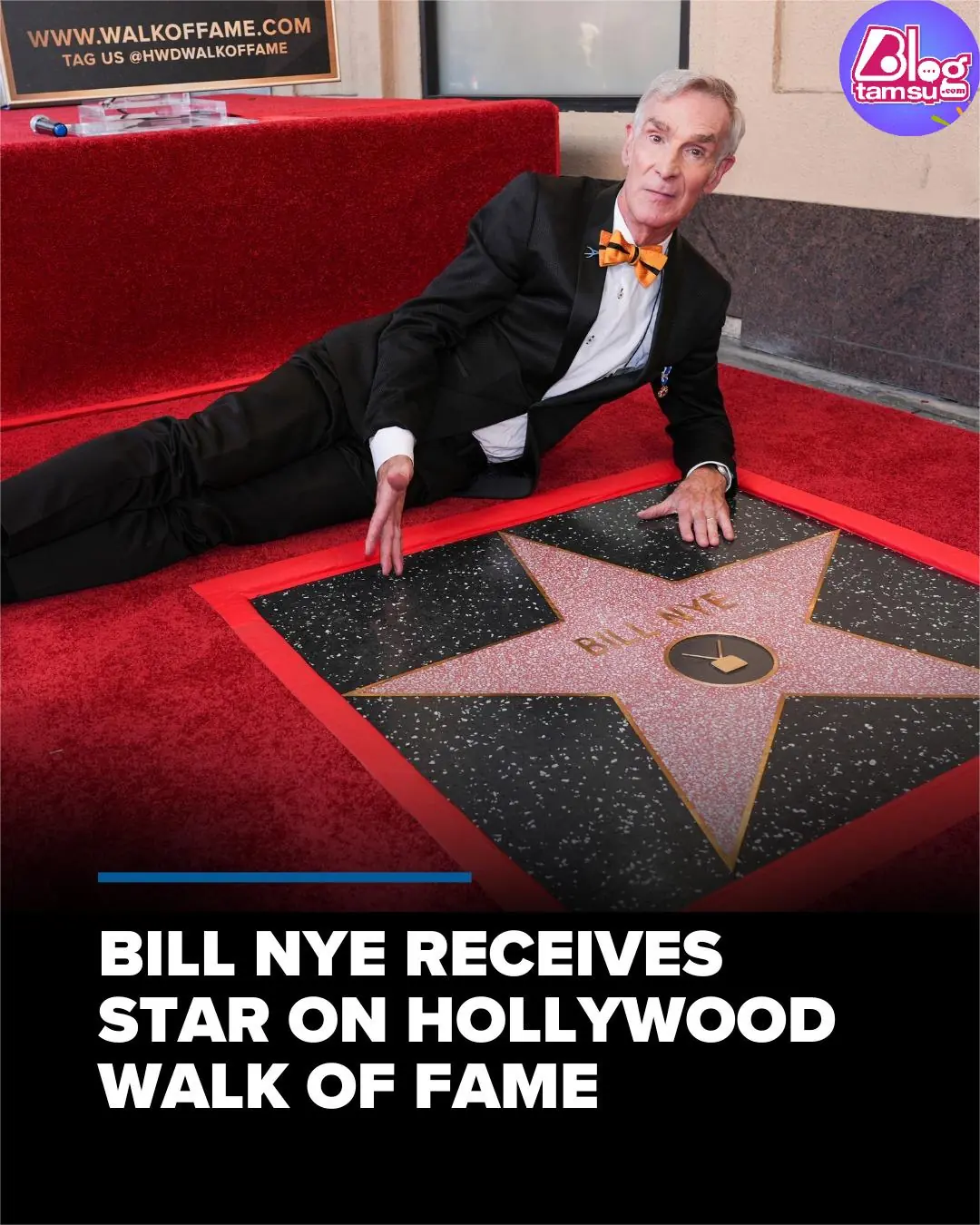
From lab coat to red carpet: Bill Nye receives star on Hollywood Walk of Fame
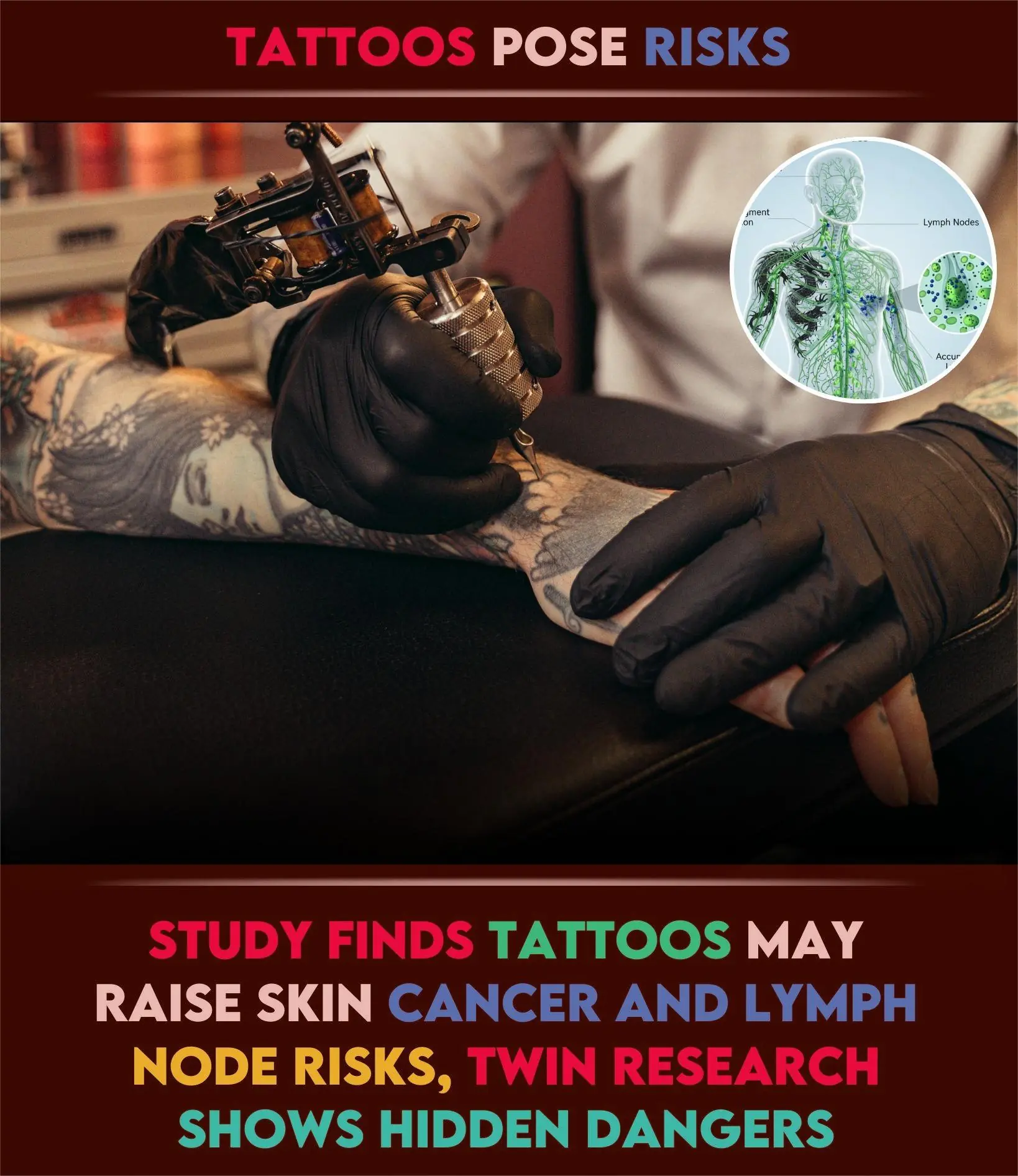
Emerging Evidence Raises Questions About Tattoo Ink and Cancer Risk
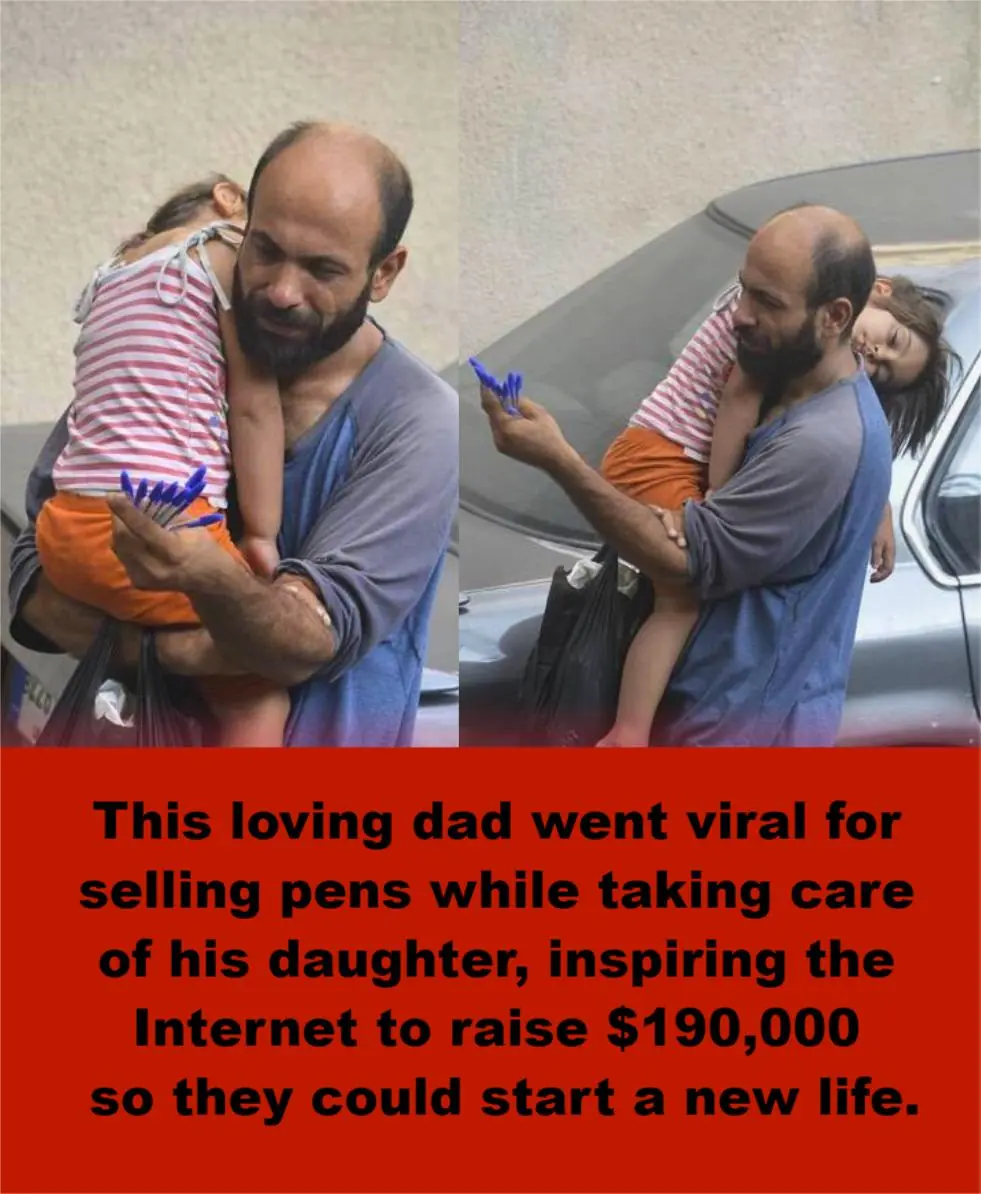
From Selling Pens on the Streets to Inspiring the World: A Father’s Story of Love and Resilience
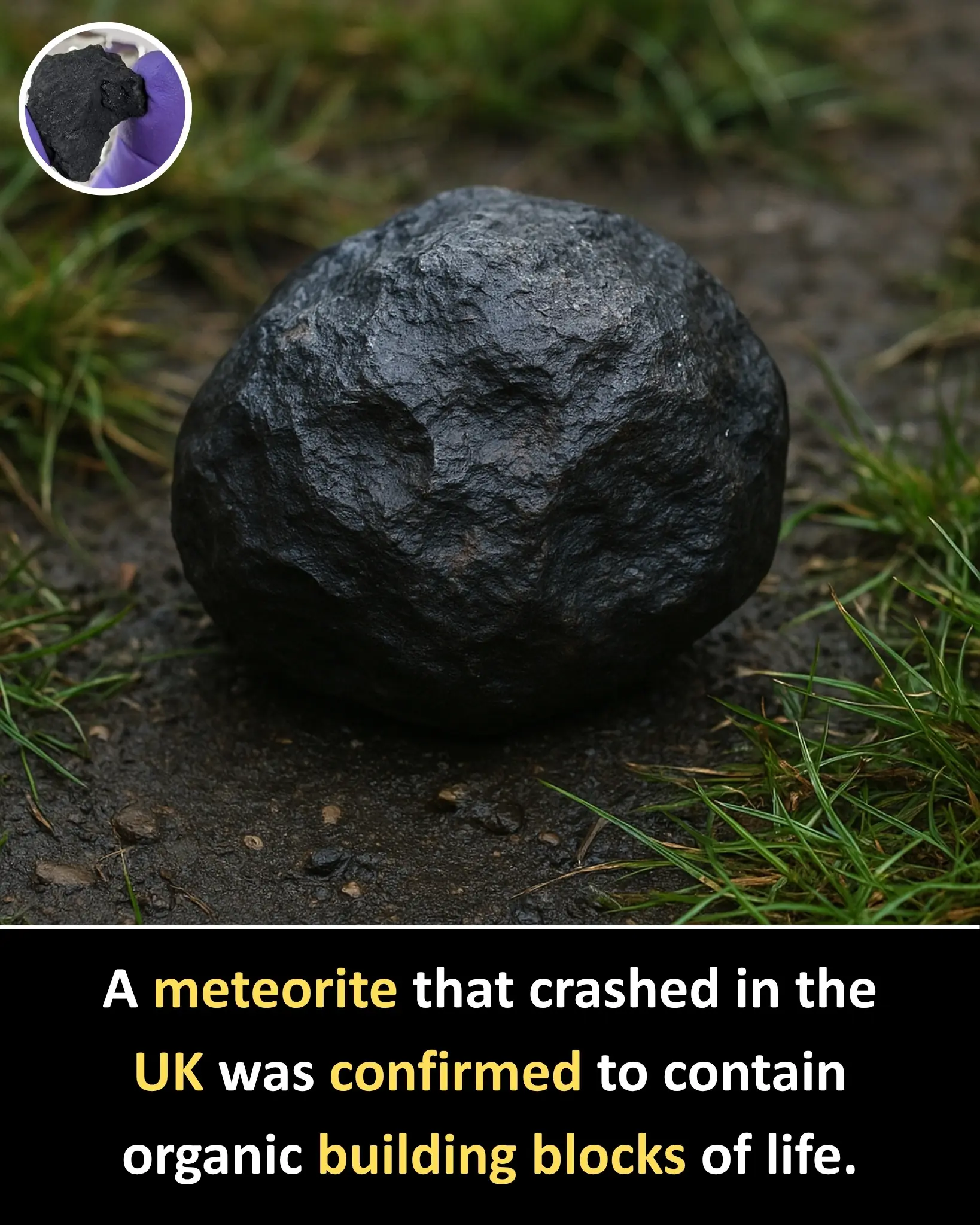
Winchcombe Meteorite: A Pristine Messenger from Space That Carries the Building Blocks of Life
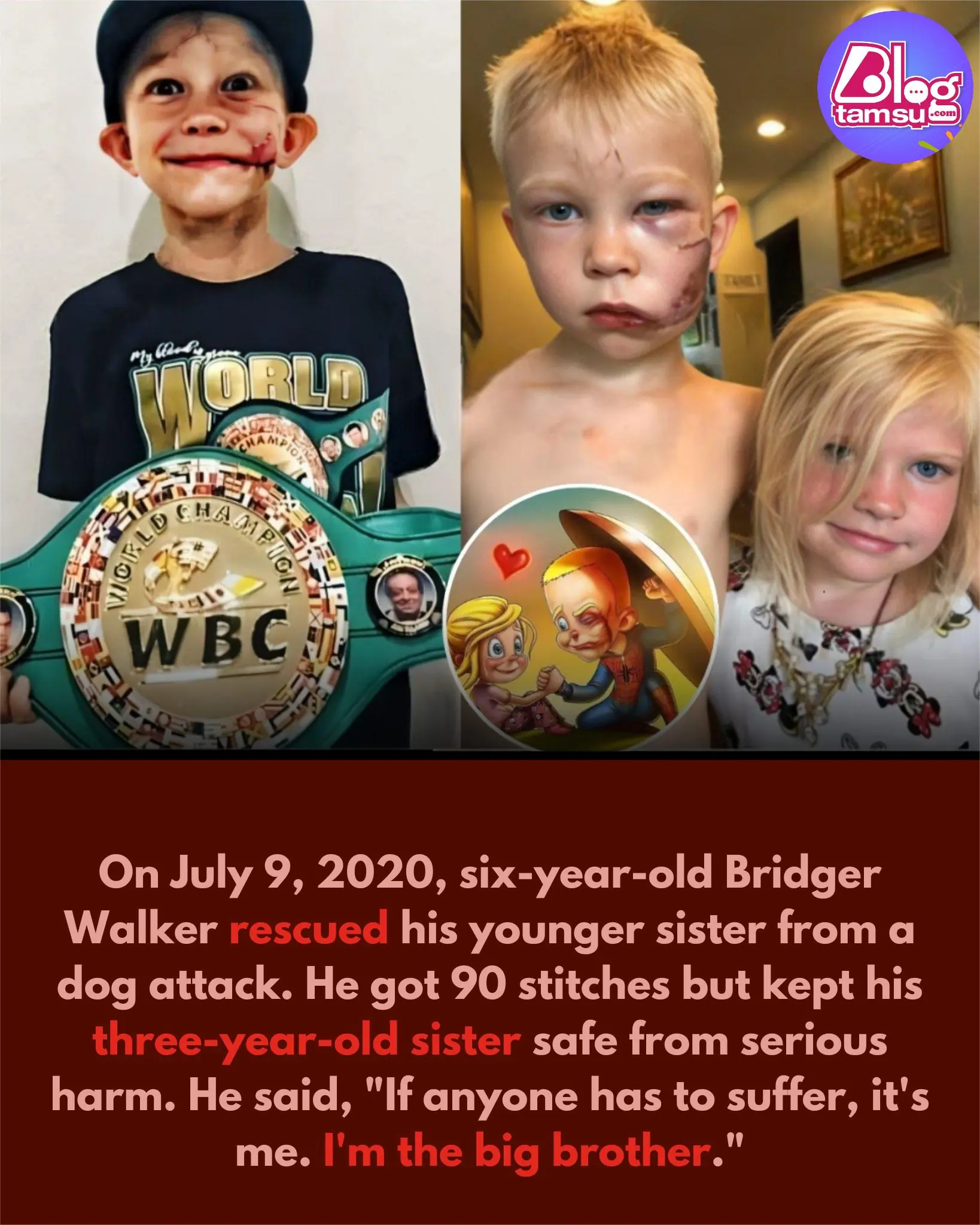
Young Hero: Bridger Walker, the Boy Who Saved His Sister from a Dog Attack

Doppelgänger Surprise: Two Strangers Look Exactly Alike on Flight
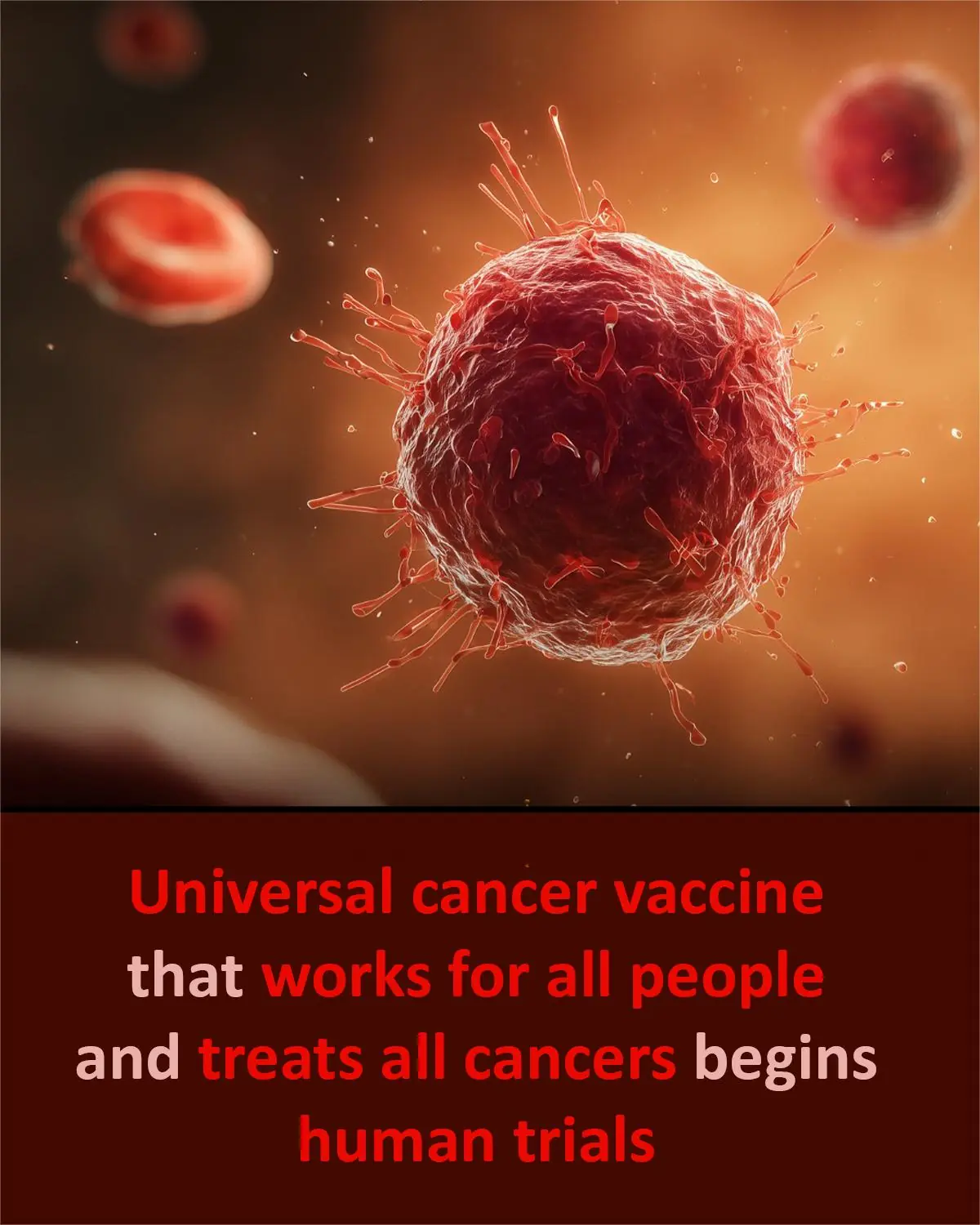
Researchers Edge Closer to a Universal Cancer Vaccine as Human Trials Loom
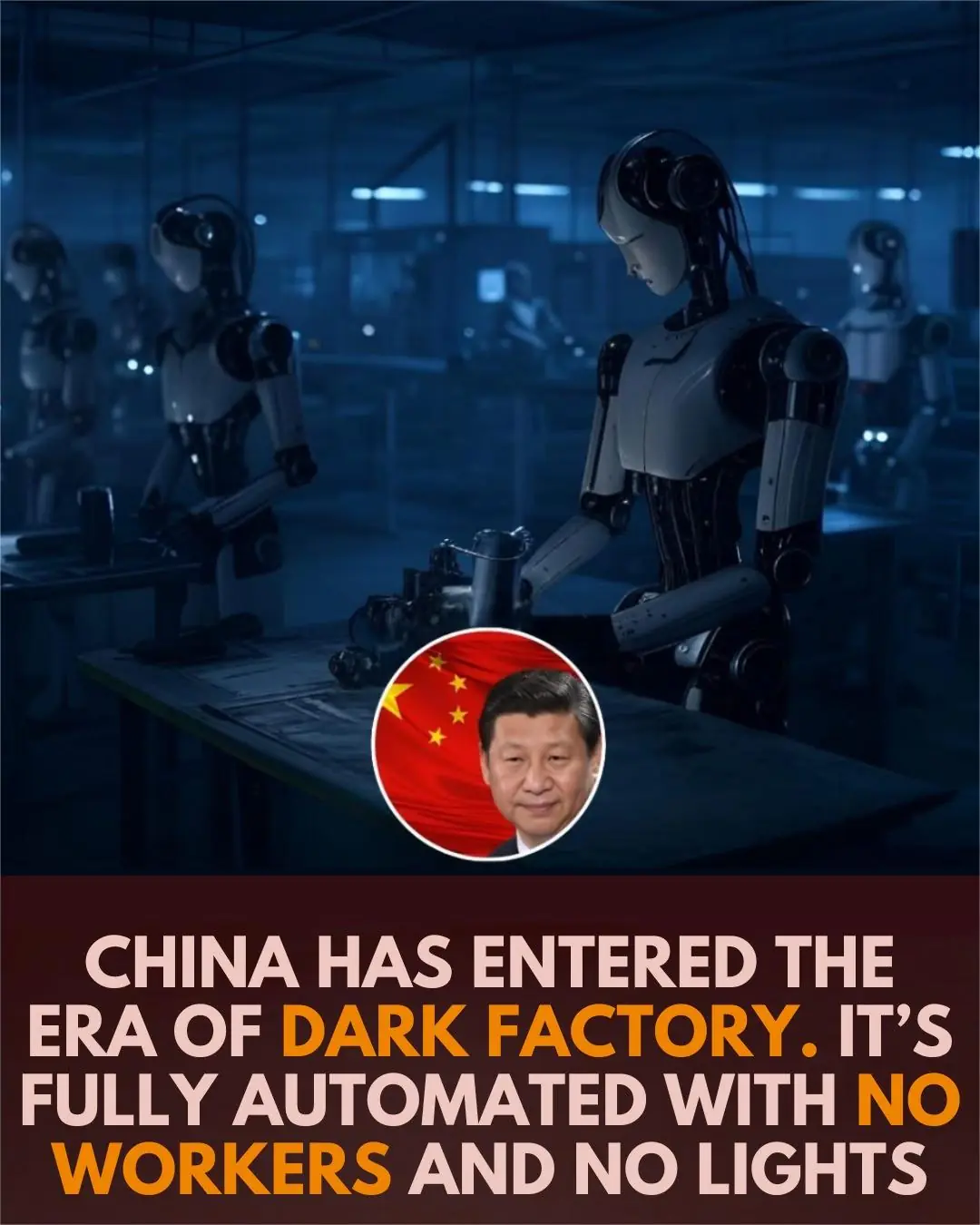
China’s Dark Factories: Ushering in a Fully Automated Manufacturing Era
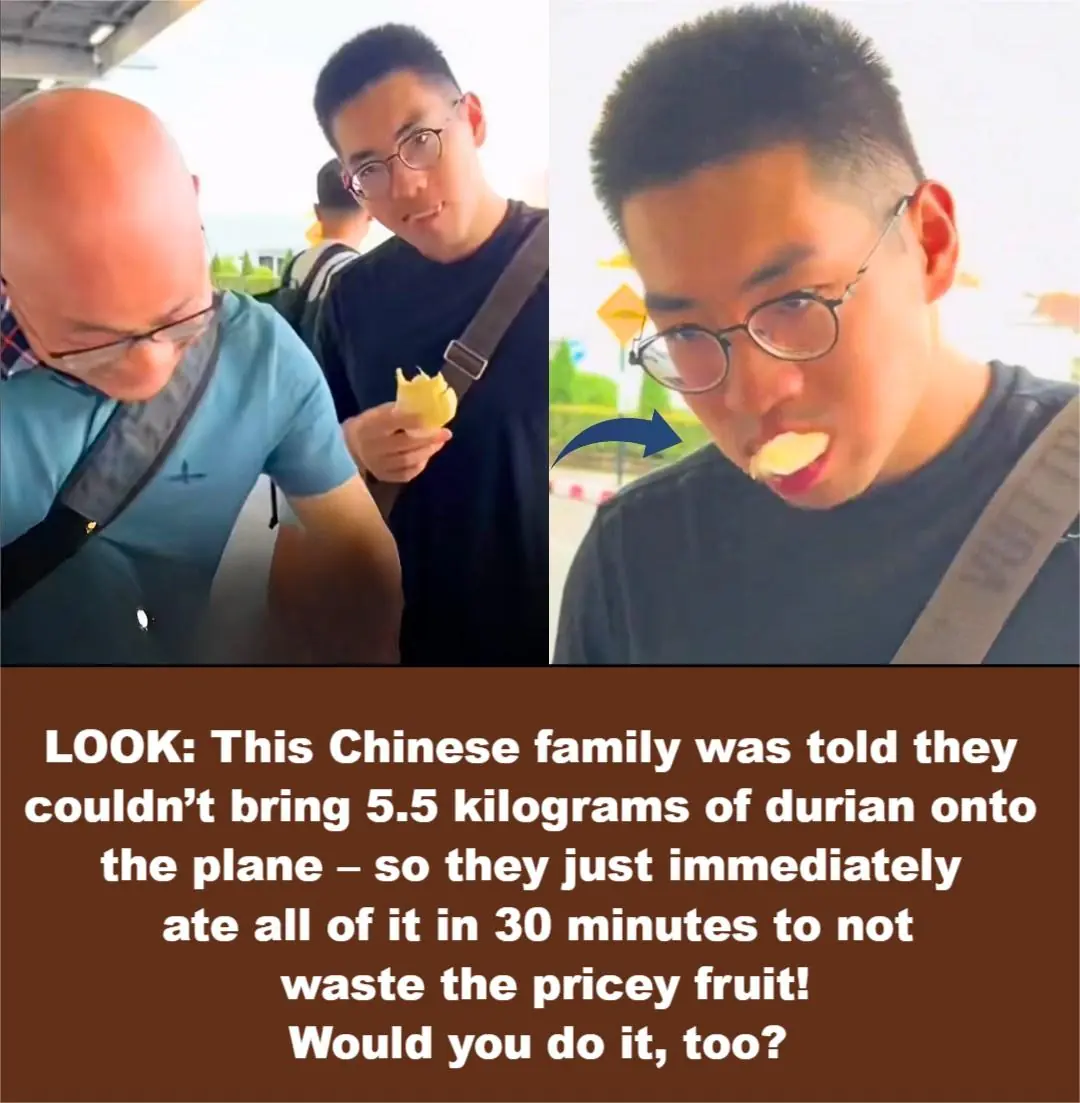
Chinese Family Devours 5.5kg of Durian Outside Thailand Airport After Flight Ban
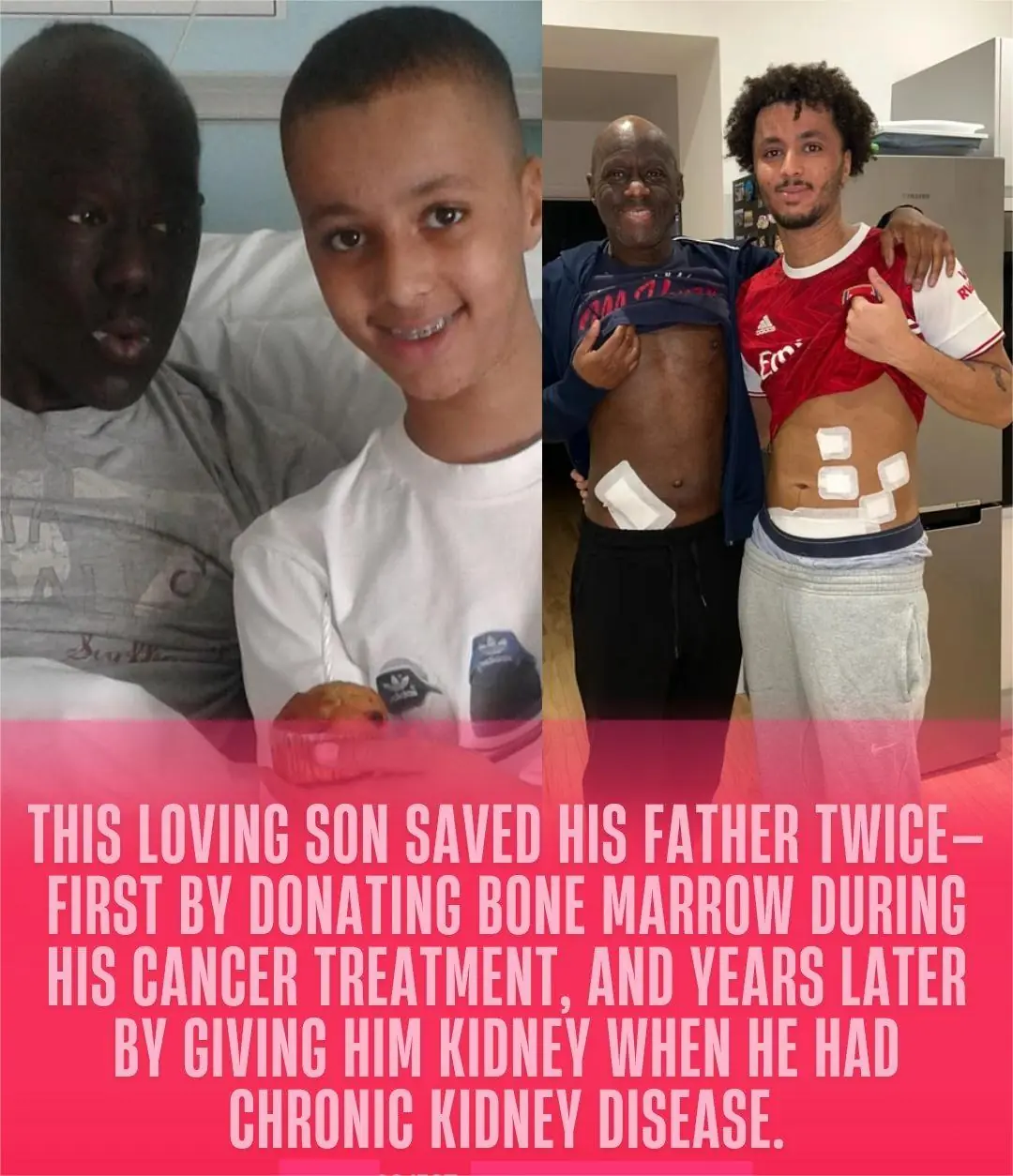
Son Saves Father Twice — With Bone Marrow and a Kidney
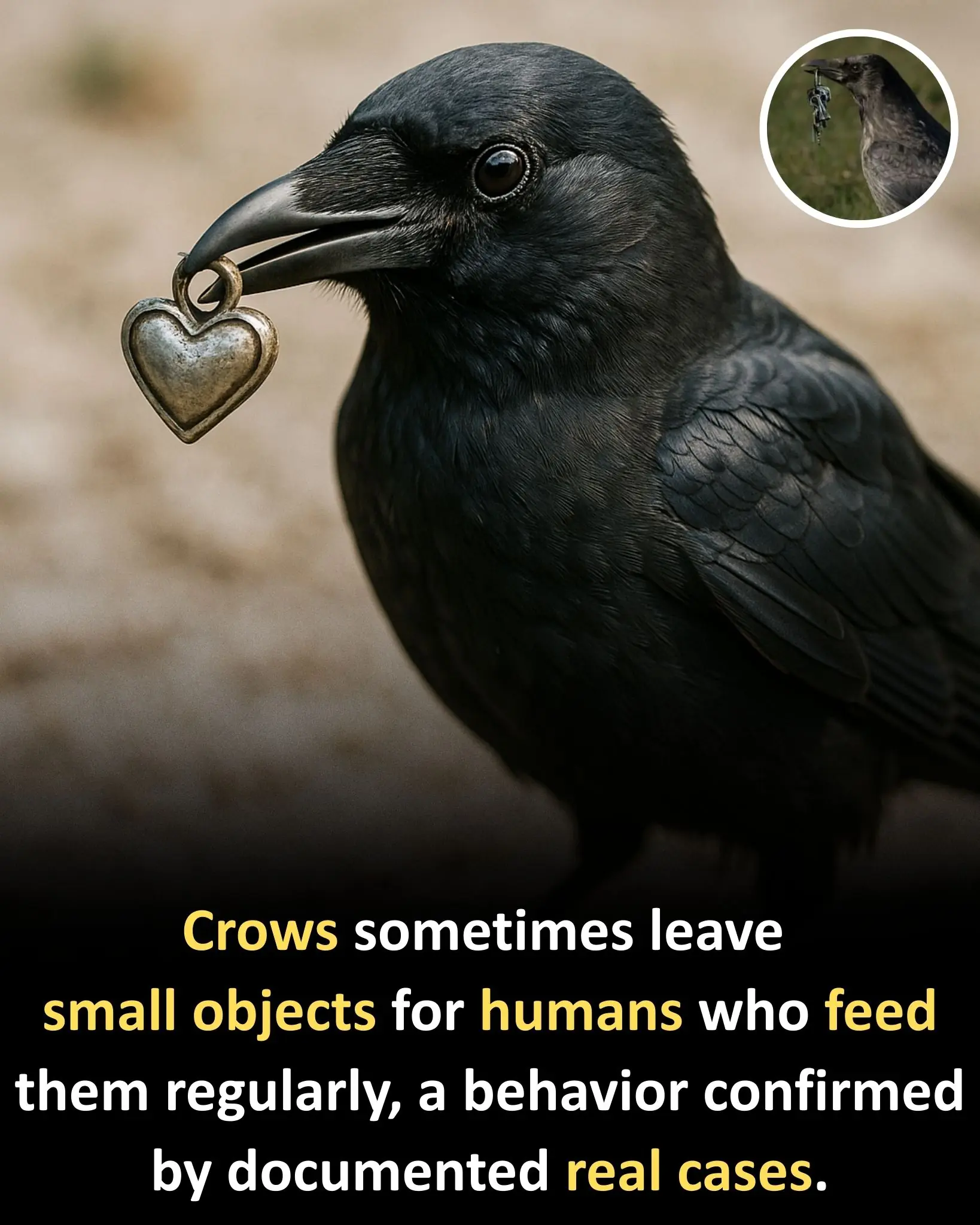
Crows Sometimes Leave Gifts for People Who Feed Them: Confirmed Cases Highlight Corvid Intelligence

The Toothache Escape: How a Prisoner’s Pain Sparked Debate on Healthcare Behind Bars

Netherlands’ Workweek Evolution: Why the Dutch Average Just 32 Hours

Norway’s Law Demands Labels on Retouched Advertising Images
News Post
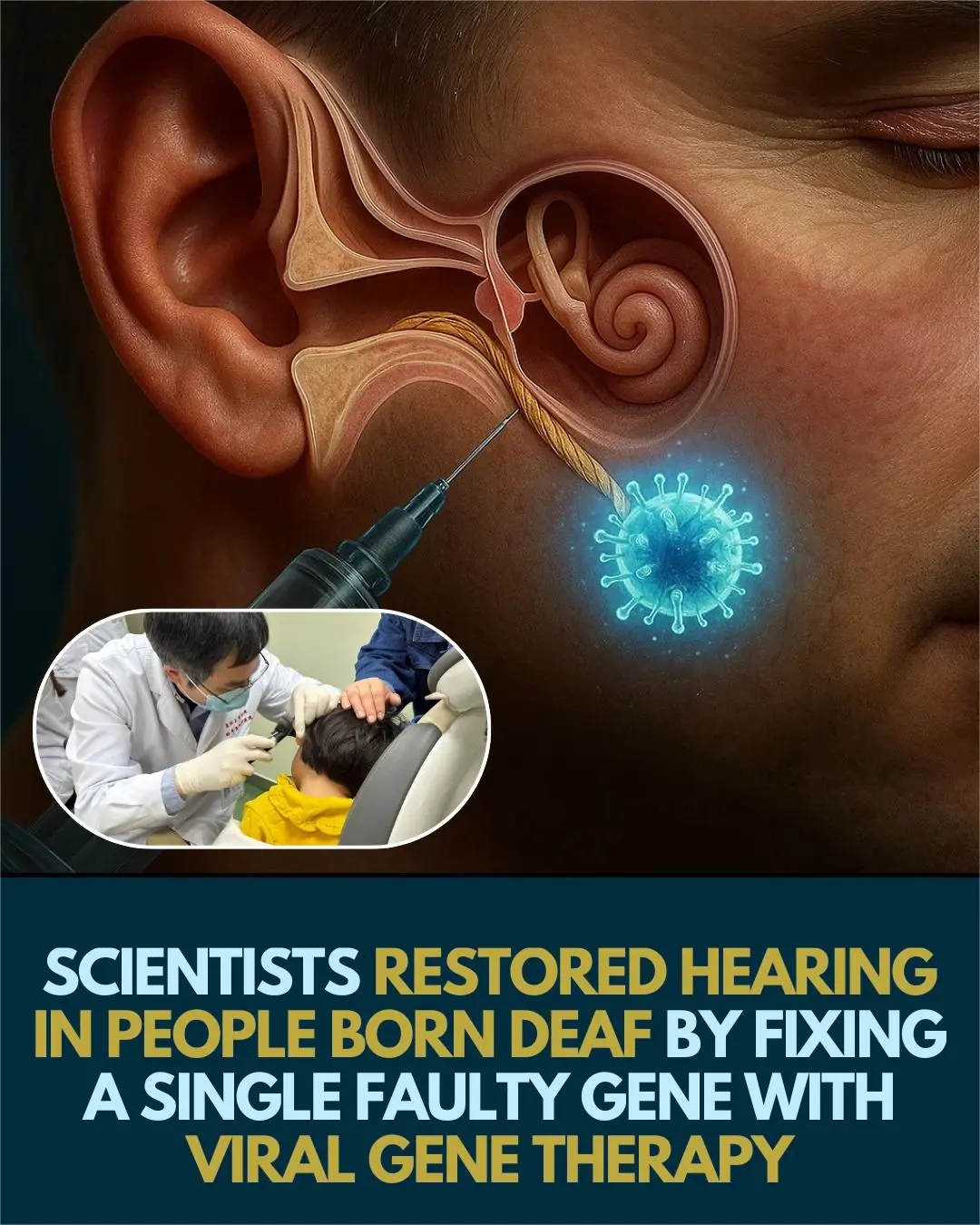
Gene Therapy Breakthrough: Restoring Hearing in Deaf Individuals via Single-Gene Repair

Giant Manta Ray Approaches Divers for Help in Removing Fishing Hooks

See the Difference: A Delicious Drink to Support Eye Health Naturally

Avocado, Hibiscus & Clove Smoothie: A Vibrant Blend for Energy, Digestion & Glow

Take Honey and Cloves After 50: Fix 13 Common Health Issues in One Week!
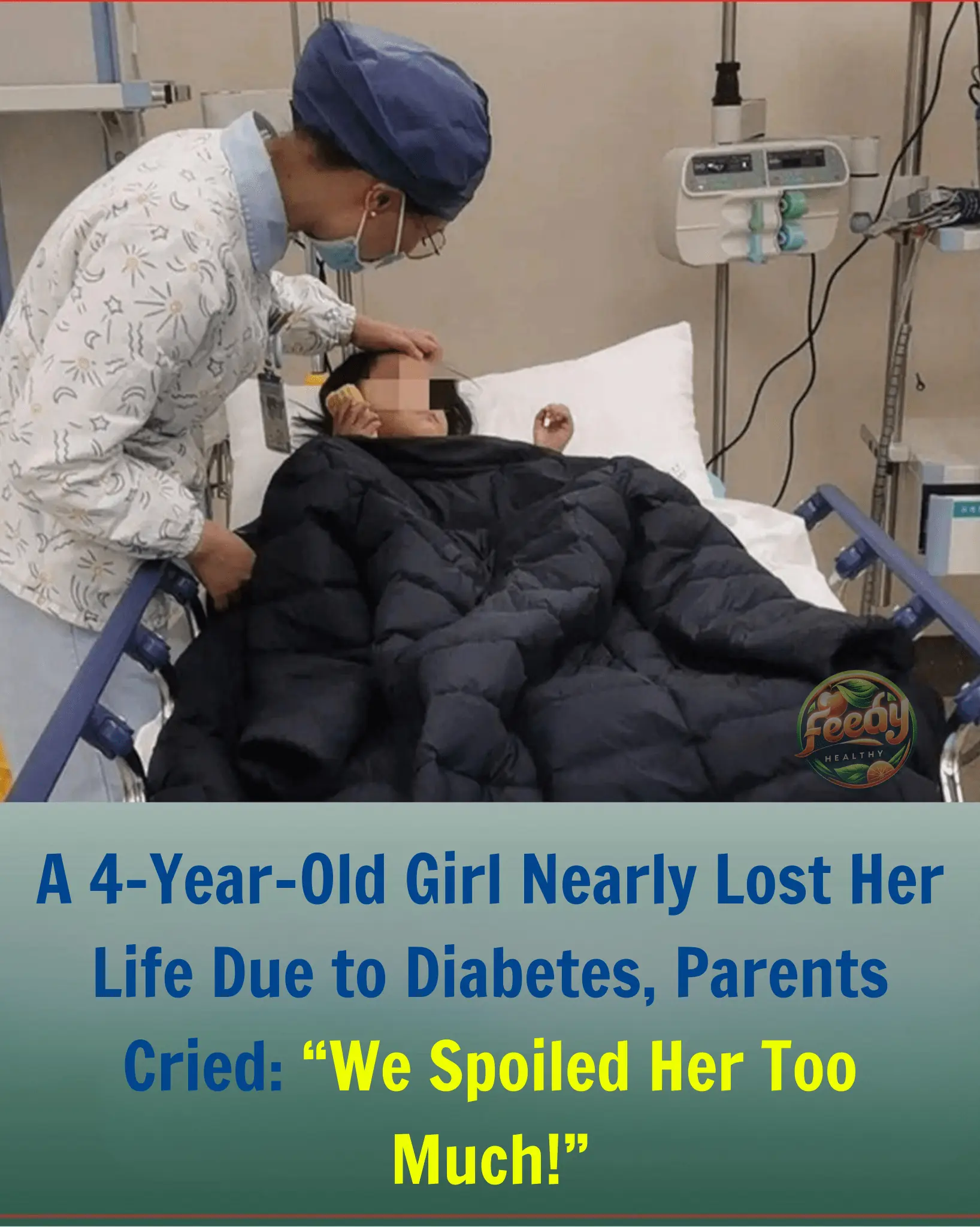
A 4-Year-Old Girl Nearly Lost Her Life Due to Diabetes, Parents Cried: “We Spoiled Her Too Much!”

A Cyst on the Foot or Wrist: What You Should Know

Seniors: This Magical Foot Soak Restores Circulation in Just 10 Days!

6 Powerful Juice Recipes to Fight Anemia, Inflammation, Fatigue, Low Immunity, High Cholesterol, and Insomnia

Japanese-Inspired Potato Juice Hair Treatment for Fast, Natural Hair Growth

Lemon Secret for Seniors: Never Mix Lemon With These Three Foods

ROSEMARY WATER FOR HAIR GROWTH:DIY Rosemary Water Recipe & How to Use It for Stronger, Thicker Hair

Old Doctor’s Remedy: Almond Milk with Cloves

Unlocking the Natural Power of Cloves: Simple Home Remedies for Better Health

12 Amazing Beauty Benefits of Lemon: Natural Recipes for Glowing Skin

The Natural Drink Taking 2025 by Storm: May Support Diabetes, Cancer & High Blood Pressure

Amazing! Beauty Hacks Every Girl Should Know – 34 Tips to Grow Your Hair Faster

4 Teas for 4 Organs – and 3 More to Try!

My Secret Hair Growth Formula: Ginger, Rosemary & More for Longer, Healthier Hair

